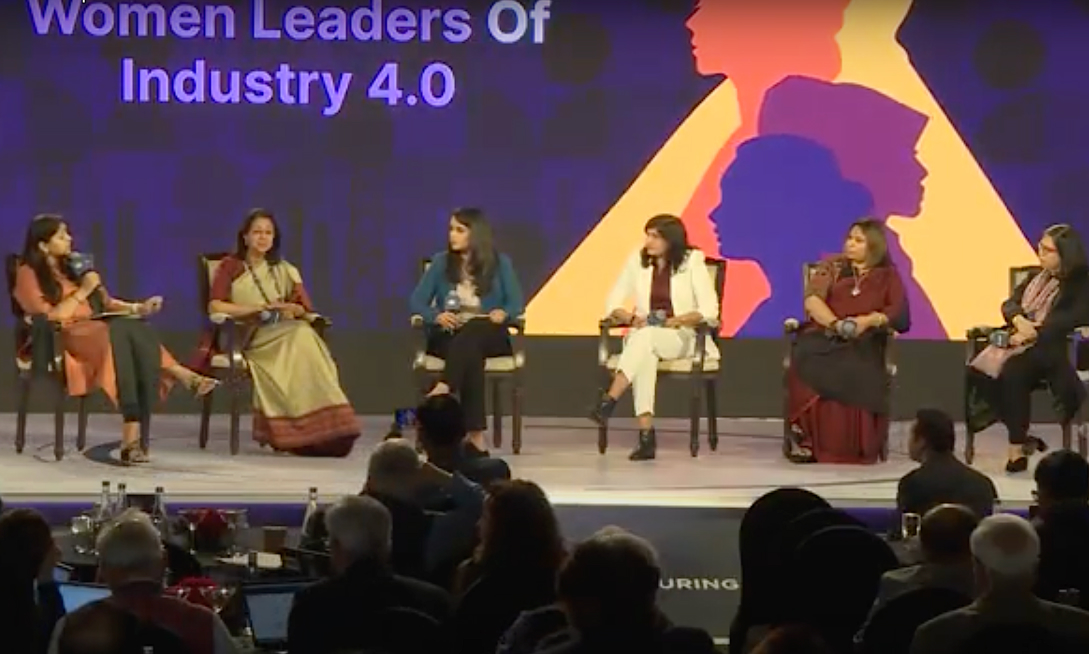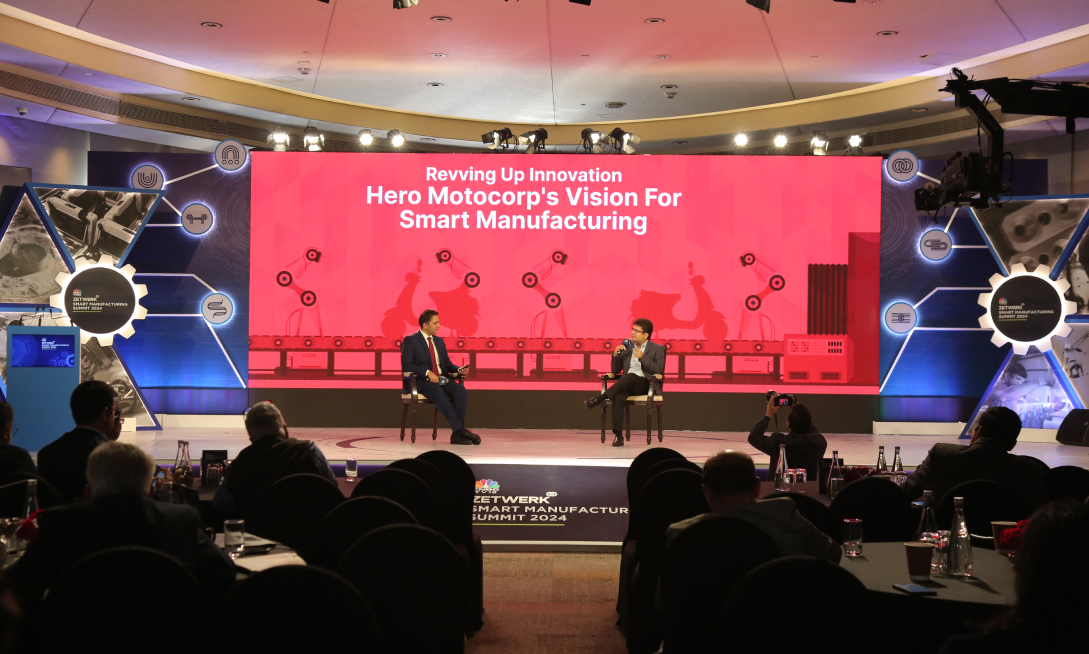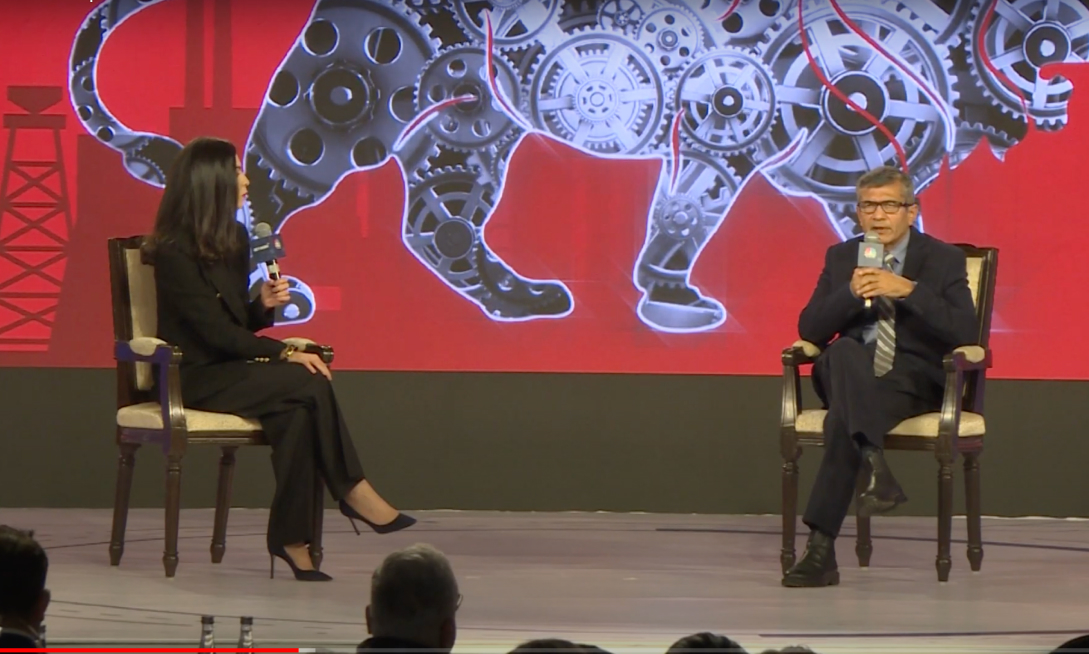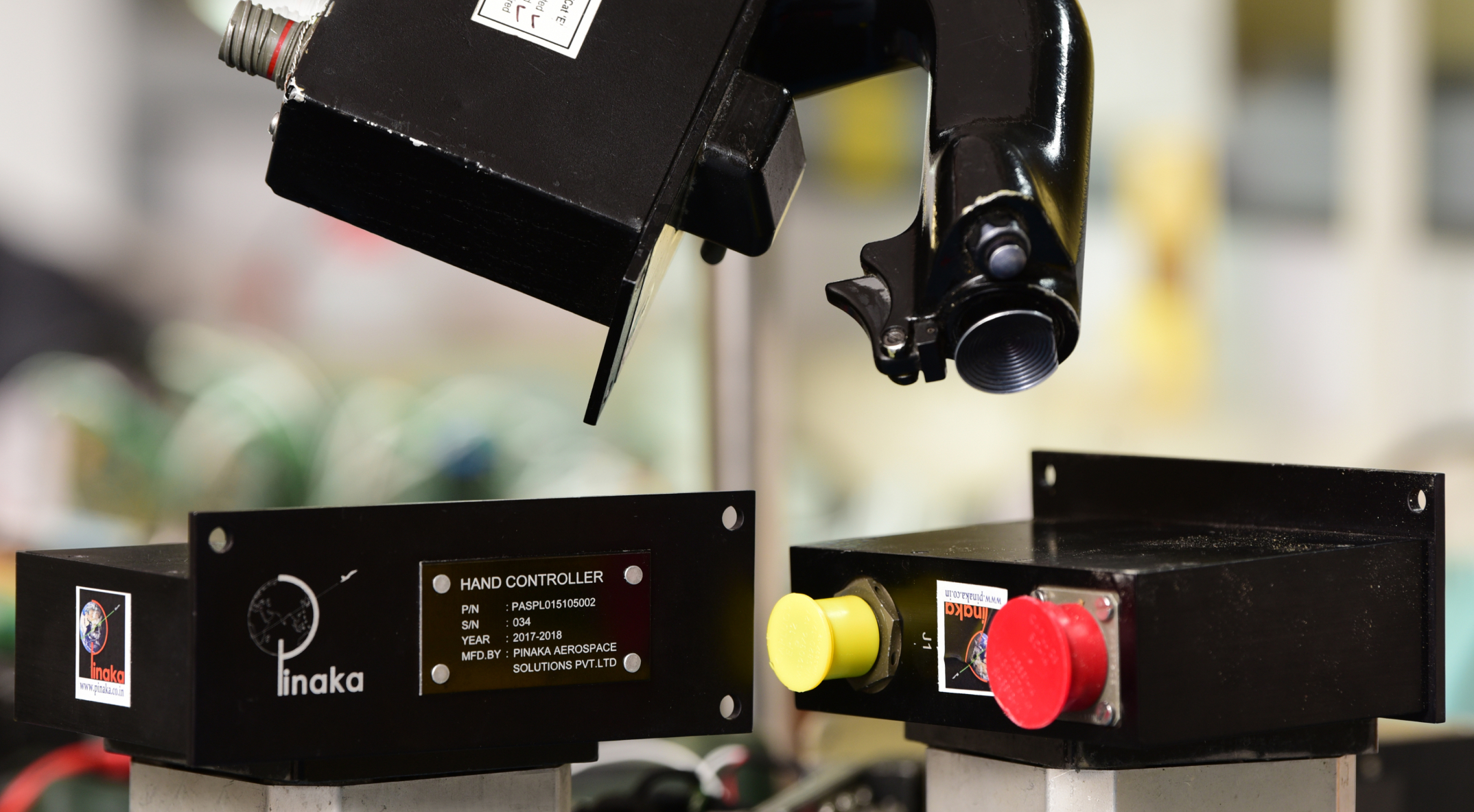Empowering Industry 4.0: Women Leaders Breaking Barriers and Driving Innovation

Exploring Insights and Strategies from Trailblazing Women in the Digital Era
The ZETWERK Smart Manufacturing Summit played host to a gathering of remarkable women leaders, each leaving an indelible mark on the landscape of Industry 4.0. Reflecting on the insights and strategies shared during this panel discussion, we delve into the journeys of these trailblazers who have paved the way for inclusivity, empowerment, and innovation.
Pioneering Inclusivity in Aerospace
Seema Chopra brought a wealth of experience and a vision for inclusivity within the aerospace sector to the summit. Her presence was nothing short of inspiring, emphasizing Boeing’s commitment to creating an environment where individuals, regardless of gender, could thrive equally. Boeing’s initiatives to promote diversity in leadership roles and foster inclusive workspaces showcased a progressive approach toward gender equality.
Advocating for Self-Awareness and Leadership
Naina Lal Kidwai captivated the audience with insights drawn from her distinguished career. She highlighted the importance of self-awareness and leadership readiness among women, urging them to recognize their capabilities and seize leadership opportunities. Naina’s advocacy for women’s empowerment through self-confidence and assertiveness echoed throughout the summit, resonating deeply with aspiring leaders.
Cultivating a Gender-Neutral Culture
Kavita Kaushik, leading initiatives at Cummins India to create a gender-neutral culture, shared insights into fostering environments where both men and women have equal opportunities to excel. Cummins’ vision and ambitious goals of achieving gender parity by 2030 highlighted their commitment to inclusivity and diversity. Kavita’s emphasis on organizational culture in supporting women’s careers underscored the need for concerted efforts in creating inclusive workplaces.
Unleashing Potential in Renewable Energy
Vaishali Nigam Sinha brought a fresh perspective on the immense potential and challenges within the renewable energy sector. She advocated for greater male involvement in household responsibilities, enabling women to participate more actively in the workforce. Vaishali’s emphasis on creating safe work environments resonated with the audience, showcasing the transformative impact of inclusive practices in driving industry-wide change.
Fostering Safe and Inclusive Work Environments
Suparna Handa shared experiences toward fostering safe and inclusive work environments. Her insights into overcoming societal barriers and creating thriving ecosystems within the workplace struck a chord with attendees. Suparna’s emphasis on the critical role of organizational culture in supporting women’s careers underscored the need for concerted efforts in creating inclusive workplaces.
Navigating the Digital Frontier: AI and Smart Manufacturing
Seema Chopra shared insights into the transformative potential of AI and smart manufacturing within the aerospace sector. These technologies were not just about efficiency and quality control; they were about driving innovation and leveraging diverse perspectives. Seema’s vision for a future where AI and smart manufacturing empower women to lead technological advancements resonated with the summit’s theme of embracing Industry 4.0 with inclusivity at its core.
Policy Interventions and Cybersecurity
Naina Lal Kidwai advocated for policy interventions, ethics, and cybersecurity within the digital domain, providing a holistic perspective on challenges and opportunities in an increasingly connected world. Her emphasis on collaborative efforts to create safe and inclusive digital spaces underscored the importance of ethical considerations in technological advancements.
Innovating in Smart Factories
Kavita Kaushik’s vision for smart factories emphasized the need for equal opportunities in leveraging emerging technologies. Her advocacy for a diverse workforce shaping inclusive and innovative ecosystems highlighted the transformative potential of embracing technological advancements with inclusivity and diversity at their core.
Digitalization Dilemma: Embracing Tradition in a Digital Age
Suparna Handa embodied the delicate balance between tradition and technology, highlighting the intrinsic value of artisanal craftsmanship while navigating digital imperatives for operational excellence. Her approach focused on adaptation and celebrating synergy between heritage and innovation, creating a narrative where tradition enriches progress and progress honors tradition.
Navigating Artisan Displacement: Balancing Tradition and Progress
The specter of automation and AI disrupting traditional artisanal practices raised profound questions about cultural preservation and livelihoods. Our exploration delved deep into strategies for harmonizing these forces, aiming for a symbiotic relationship where technology amplifies craftsmanship, creating new avenues for economic empowerment and cultural preservation.
Harnessing Data and Tech: Transforming Industries, Empowering Women
Vaishali Nigam Sinha’s journey epitomized the transformative power of data and technology at ReNew. Through meticulous data analytics and tech-enabled solutions, she drove operational efficiency and championed sustainability, redefining industry standards and paving the way for a more resilient and sustainable future.
Addressing Displacement Concerns: Championing Just Transitions
Discussions of automation-induced displacement shifted to just transitions and upskilling initiatives, empowering women with the skills needed to thrive in tech-driven environments. The emphasis was on inclusivity, ensuring that no one was left behind in the march towards progress.
Policy Interventions for Gender Inclusivity: Advocating for Change
Beyond industry dynamics, policy frameworks promoting gender inclusivity emerged as pivotal strategies. Mandates for gender representation and targeted skilling initiatives were seen as strategic imperatives, driving innovation, competitiveness, and sustainability in the industry ecosystem.
The narratives shared by these women leaders underscored the importance of inclusivity, empowerment, and innovation in navigating Industry 4.0. Their journeys not only broke barriers but also forged pathways for success, inspiring a new generation of leaders to embrace diversity, equality, and technological advancements in shaping a brighter future.






